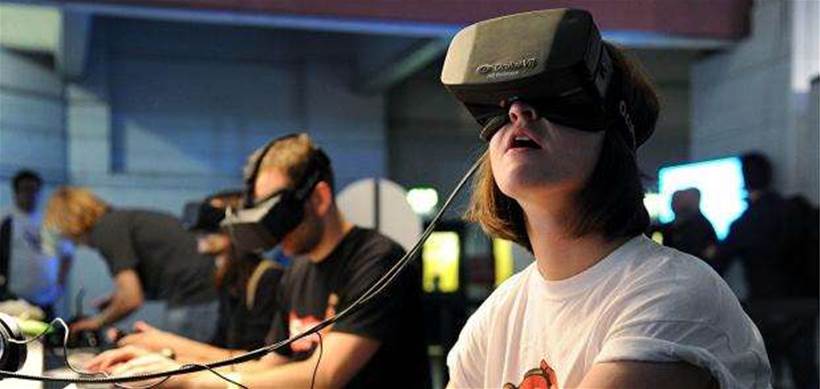The CEO of now Facebook-owned virtual reality darling Oculus VR gave hopeful users a scare when he revealed the "all-in price" for the next version will be "in the $1500 range".
Brendan Iribe's comments at this year's Re/code conference in California were widely picked up and equally misunderstood.
His explanation of the "all-in price" is that "if you have to go out and actually need to buy a new computer and you're going to buy the Rift… at most you should be in that $1500 range." He also indicated he'd like to see the cost come under $1000 over time.
"In other words, it'll be expensive," Re/code editorialised.
However, it's important to note that this is a package price. In other words, should you have a computer that meets the already published technical specifications for Rift headset support, you can do away with most of that "all-in" cost.
Using those technical specifications, PC Gamer estimated it would cost about $1200 to build a system that met Oculus' requirements - meaning that the Rift headset itself could cost around $300.
That would place it firmly in the $200 to $400 range that Rift co-founder Nate Mitchell proposed in an interview back in September 2014 - and in line with the cost of the original developer kits.
There's a few other provisos to consider.
Unfortunately, when Oculus VR released the minimum technical specifications for the computer users will need to run a Rift headset, they limited support to PC, and paused development for OSX and Linux - which may govern whether you need to factor in the cost of a new computer or not.
"We want to get back to OSX and Linux but we don't have a timeline," blogged chief architect Atman Binstock.
In addition, the new device is not expected to be sold to consumers until early 2016.
Shaping the market
Since its debut on crowdfunding site Kickstarter, Oculus VR has garnered significant support for its virtual reality headset, particular among corporates and government agencies.
This week, carmaker Holden said attendees at the NRL State of Origin could try out the headset for a virtual test drive of one its new cars.
Realestate.com.au revealed last year its intention to create Oculus apps that enabled house hunters to perform virtual walk-throughs.
At the Australian Open in 2014, IBM created an Oculus app that allowed the user to face a live serve from the participating tennis players. The company recorded the serve and then immediately virtualised it for use in the app.
And Geoscience Australia created a prototype app that used the headset to "visualise subsurface geoscience data in situ."
The University sector has also embraced Oculus, for applications as diverse as mine training and manufacturing simulation.
The popularity of Oculus has also seen a number of new entrants also target the space, including Sony's Project Morpheus - which is also due in 2016 - and the HTC Vive headset, which could be released as early as November this year.









